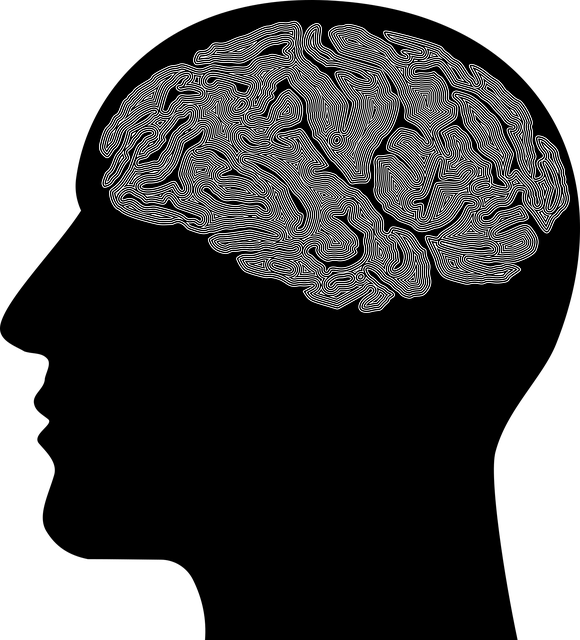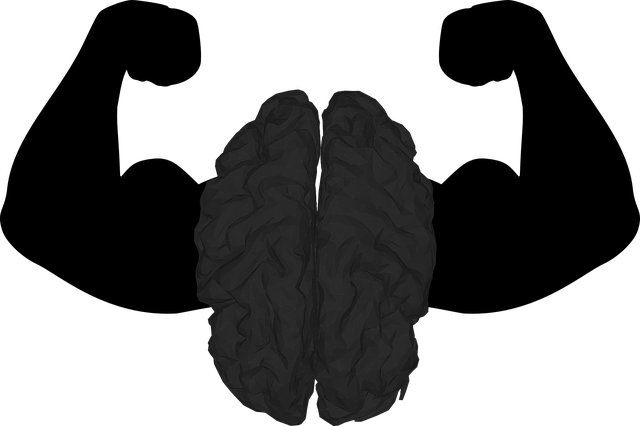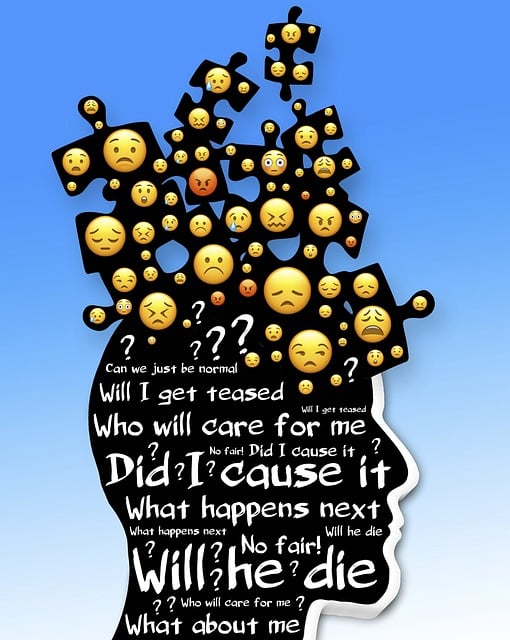Assessing Colorado Springs' unique mental health challenges through research and data is vital for designing effective education programs. Tailoring content, like public awareness campaigns and workshops, addresses local needs, such as stigma reduction and stress management. Engaging formats, including real-life stories and interactive tools, improve knowledge retention and foster resilience. A comprehensive approach involving community engagement and regular program evaluation ensures the success of Colorado Springs Crisis Counseling Therapy in promoting mental wellness and early intervention.
In the vibrant, bustling city of Colorado Springs, implementing an effective mental health education program is paramount. This article explores a comprehensive design for Colorado Springs crisis counseling therapy, focusing on tailored programming that addresses local needs and goals. We delve into creating engaging content, leveraging strategies to enhance mental health literacy, and implementing success through a holistic approach. By examining these key areas, we aim to revolutionize mental health support in the community.
- Assessing Needs and Identifying Goals: Tailoring the Program to Colorado Springs Community
- Creating Engaging Content: Strategies for Effective Mental Health Education
- Implementing and Evaluating Success: A Comprehensive Approach for Crisis Counseling Therapy in Colorado Springs
Assessing Needs and Identifying Goals: Tailoring the Program to Colorado Springs Community

Assessing the unique needs of the Colorado Springs community is a pivotal step in designing an effective mental health education program. This involves understanding the prevalent mental health challenges and concerns specific to this region, such as those addressed by Colorado Springs crisis counseling therapy services. By conducting thorough research and gathering data, organizers can identify pressing issues like high stress levels among residents, burnout rates within healthcare providers, or unique cultural barriers to accessing mental health support.
Tailoring the program to these identified needs ensures that it resonates with the community. For instance, developing public awareness campaigns focused on breaking down stigma could be a priority. Similarly, organizing stress management workshops for healthcare providers, often at high risk of burnout, can contribute to a holistic approach. These strategies ensure that the education program is not only relevant but also makes a significant impact in addressing the mental health landscape of Colorado Springs.
Creating Engaging Content: Strategies for Effective Mental Health Education

Creating engaging content is a cornerstone of effective mental health education programs, especially when addressing sensitive topics like those offered by Colorado Springs Crisis Counseling Therapy. The key lies in transforming complex information into compelling narratives and interactive formats that resonate with diverse audiences. Incorporating real-life stories and scenarios can humanize mental health issues, fostering empathy and understanding among participants. Visual aids, such as infographics and short videos, play a significant role in breaking down barriers and conveying insights more accessibly.
Moreover, integrating active learning strategies, like group discussions and role-playing exercises, enables participants to apply concepts immediately. These communication strategies not only enhance knowledge retention but also build resilience by providing practical tools for managing stress and adversity. By focusing on interactive and relatable content, mental health education programs can create a safe space for open dialogue, ultimately promoting Mental Wellness and empowering individuals to take charge of their psychological well-being.
Implementing and Evaluating Success: A Comprehensive Approach for Crisis Counseling Therapy in Colorado Springs

Implementing a successful mental health education program requires a comprehensive approach, especially when focusing on crisis counseling therapy in Colorado Springs. This strategy involves multiple steps to ensure effectiveness and measurable outcomes. Firstly, developing tailored educational materials that cater to the unique needs of the community is essential. These resources should include self-awareness exercises and mindfulness meditation techniques, fostering an environment where individuals can openly discuss their mental health.
The next crucial phase is community engagement through public awareness campaigns. By utilizing various media platforms, schools, workplaces, and local organizations, these campaigns can reach a wide audience, dispel myths surrounding mental health issues, and encourage early intervention. Regular evaluation of the program’s impact is vital; collecting feedback from participants and measuring improvements in mental well-being post-counseling helps to refine and adapt the approach, ensuring that crisis counseling therapy in Colorado Springs remains responsive to the evolving needs of the community.
The design of an effective mental health education program, tailored to the unique needs of Colorado Springs, should incorporate a multi-faceted approach. By assessing community goals and creating engaging content, we can foster a supportive environment for crisis counseling therapy in Colorado Springs. Implementing this program requires a comprehensive evaluation strategy to ensure its success and positively impact the lives of those seeking mental health support in this vibrant city.














